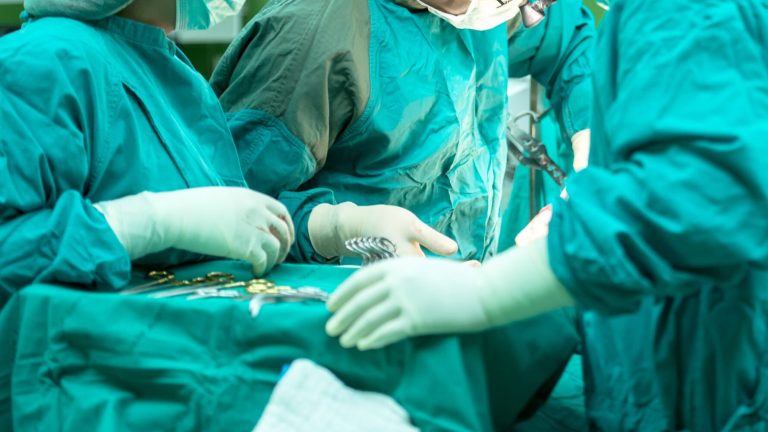Cleaning up after your pet is more important than you think. GIS warns against dangerous diseases

The Chief Sanitary Inspectorate calls on people to clean up after their pets. We explain why it is so important. It's not only about aesthetic reasons, but above all health reasons.
Cleaning up after your pet, dog or cat, outdoors is extremely important for several reasons. Firstly, it allows us to maintain a clean environment that is also used by other people (and animals). However, few people realize that it also has a huge impact on our health. Parasites and microorganisms found in feces can cause various types of diseases in both humans and other animals. That is why it is extremely important for dog or cat owners to be responsible and clean up after their pets, taking care of both the cleanliness of the common space, but also the health of themselves and other people.
Why are animal excrements dangerous to our health?
Animal feces may contain, among others, dog or cat roundworm eggs. People can become infected by food. Such eggs may be found in soil or sand contaminated with feces, in a park or on the lawn, so infection may easily occur in children who often play in such places (and then, for example, do not wash their hands and reach for food). In humans, roundworm eggs develop into a larva, which then travels to the liver and other organs and causes visceral toxocariasis. Sometimes it can also reach the eyeball, resulting in ocular toxocariasis. Also remember that roundworm eggs may be found on the fur of animals that have rolled on contaminated surfaces.
What other human diseases are caused by contact with animal excrements?
Another threat is posed by oocysts, i.e. developmental forms of the Toxoplasma gondii parasite. They are excreted by feline animals together with their feces. This is why it is very important to systematically remove cat excrement from the litter box. Oocysts retain the ability to infect for many months and become active after about 2-5 days in the external environment.
Dog and cat tapeworms are also dangerous to humans. One of the threats is the tapeworm Dipylidium canium – it rarely settles in the human body, but it is possible. The probability of infection occurs in an environment with flea-infested animals, because the intermediate host is a dog or cat flea. Another threat is the tapeworm of the Taenia genus, which can be found in the feces of dogs or cats, but also in their fur.
Lamblia infection may also occur through animal feces. Infection with this parasite in humans is called giardiasis. It is spread through food, for example through contaminated hands or water (lakes, rivers or swimming pools). Other species of tapeworms found in animal excrements are also dangerous to humans: the unilocular hydatid tapeworm (causes the so-called echinococcosis) and the multilocular hydatid tapeworm (causes the so-called alveococcosis). They lead to the formation of cysts in various internal human organs (most often in the liver). Also check how to detect parasites and when to deworm yourself.
How to protect yourself against infection? The most important rules
The Chief Sanitary Inspectorate (GIS) reminded what to do to avoid infection with the above-mentioned parasites and microorganisms. First of all, you should always pick up your pet's excrement – do it in public places, but also in the field or in the forest. Another important issue is washing your hands with soap and water after cleaning (disinfectants are not enough). It is also important to wash your hands after contact with your pet and before cooking and eating meals. It is also very important to develop the habit of washing hands frequently in children.
Also remember not to kiss pets and avoid contact with strange animals. Always wash fruit and vegetables (even if they come from your garden), as they may have come into contact with animals and their excrements. If you have a sandbox in your yard, always cover it. Finally, to protect yourself and those around you, deworm and vaccinate your dogs and cats regularly.






